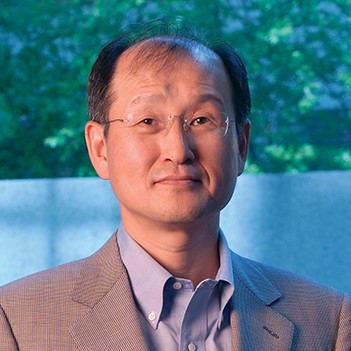Real-Time Systems are computing systems designed to meet strict timing constraints, often crucial for applications like medical devices, industrial automation, and avionics. These systems must process data and respond to inputs within a defined time frame to ensure safe and reliable operation. Research in real-time systems focuses on efficient scheduling, time-sensitive communication, and guaranteeing that systems perform as expected under tight time limits, with a strong emphasis on predictability and reliability.
Cyber-Physical Systems (CPS) and the Internet of Things (IoT) combine physical processes with digital computation and communication, integrating devices that monitor and control the physical world. CPS is widely used in smart infrastructure, autonomous vehicles, and industrial control, while IoT encompasses a wide range of interconnected devices in smart homes, healthcare, and environmental monitoring. Research in this area addresses challenges like security, scalability, and interoperability, with a focus on designing systems that are reliable and adaptive, especially when dealing with large networks of resource-constrained devices.
Autonomous Systems rely on real-time data processing, machine learning, and decision-making algorithms to operate without human intervention. These systems, such as self-driving cars and drones, must navigate complex, dynamic environments while ensuring safety and accuracy. Research in autonomous systems focuses on perception, control, and planning in unpredictable settings, integrating the principles of real-time and cyber-physical systems to enable intelligent, autonomous decision-making and interaction with the physical world.









